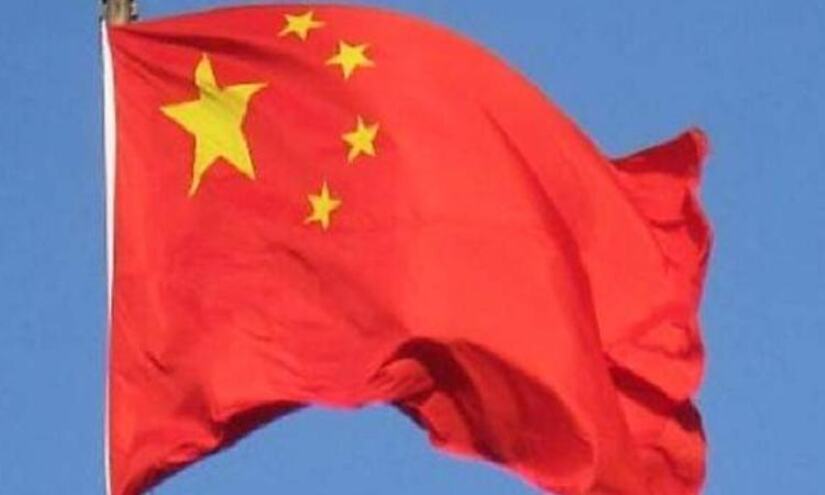Striking back

China continues its pushback against anyone and everyone who propagates the narrative of Uighur slavery and genocide in Xinjiang province. Its latest targets? Big fashion and sportswear retailers have spoken out against the use of slave labour in the picking and processing of Xinjiang cotton. Brands like H&M, Burberry, Nike and Addidas are now being targeted on Chinese social media for any statements they may have made in the past regarding the use of the aforementioned cotton. The whole episode started when the Communist Youth League posted some of the older statements made by these companies in regards to their concerns over Xinjiang cotton. The message that accompanied such a post was clear. These companies were spreading rumours against Xinjiang cotton, against Chinese cotton after making huge profits operating in China. The reaction against H&M in particular, which had made statements regarding its non-use of the cotton only last year, was severe. There was a mass call for boycotts, celebrities and influencers swiftly cancelled their deals with the clothing brand and online retailers in China made the decision of not carrying the brand on their platform. In a short span of time. China, which is H&M's fourth-biggest market, became a hostile zone for the brand. On the 25th, a day after the post by the Communist Youth League, Chinese English mouthpiece Global Times reported that H&M's stores stood more or less empty.
Similar was the case with the other brands mentioned as well with calls for boycotts, celebrities and platform terminating deals, etc. The message itself was not subtle and was not in any danger of being lost on its intended audience. But just in case, the editor of the Global Times "urged" Western companies to be "highly cautious" and not to "suppress China's Xinjiang". Doing so, as he said, would arouse the anger of the Chinese public. This is of course not the first or last time China has threatened to boycott a certain brand to bully foreign companies into compliance. Following the Hong Kong protests, China used such tactics to effectively bully the NBA and companies like Blizzard-Activision into compliance with a threat to close off the lucrative Chinese domestic market to these organisations. These threats are used by the CCP as a show of force as well and the public outrage machine is a finely tuned part of the CCP arsenal. This 'machine' has also been used against China's own as Alibaba CEO Jack Ma could attest when overnight his stardom in China's popular culture and business community suddenly turned into shouts of anger as people accused him of being an evil capitalist. If even Ma could fall in China in a moment, foreign brands like H&M would simply have no chance against such tactics.
This is all part of a larger narrative being constructed by China which allows it to forcefully deny any wrongdoing in Xinjiang. Coming at a time when the EU, UK and US have also sanctioned Xinjiang authorities in relation to the treatment of Uighur minorities, it becomes clear that this pushback is no coincidence. Outside its borders, China is apparently targeting dissenting opinion through an army of hackers. This is according to Facebook which has seen a marked increase in accounts of Uighur activists, journalists and dissenters living abroad being targeted by well-organised hacking attempts. The aim of these attempts is to lead these dissenters off Facebook to another webpage which would allow the hackers to upload malware and spyware on to the systems of those being targeted. What happens next is anyone's guess but it is clear to see that China is going all out in this fight to shape the Uighur narrative.



